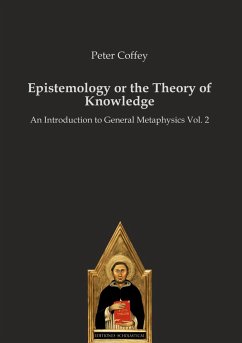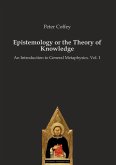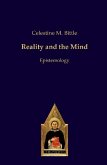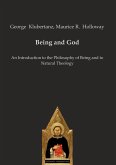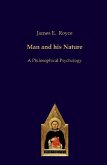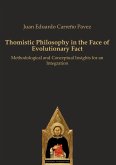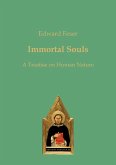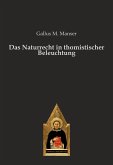This book aims at applying the principles of Scholasticism to the solution of the problems raised by a critical inquiry into the validity of knowledge and the grounds of certitude. It does not purport to be in any sense a history of theories of knowledge, or to supply anything like an adequate bibliography of works on the subject. It is primarily a text-book for the use of university students in philosophy, though it is hoped that a perusal of it may be found helpful to all who desire a closer acquaintance with the attitude of modern scholastic writers towards the critical problems which almost monopolize the attention of philosophers nowadays. It is needless to emphasize the growing importance of such problems in this age of restless inquiry and scepticism. Nor will a text-book in English from the standpoint of Scholasticism be deemed superfluous.
Bitte wählen Sie Ihr Anliegen aus.
Rechnungen
Retourenschein anfordern
Bestellstatus
Storno

